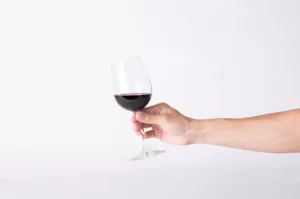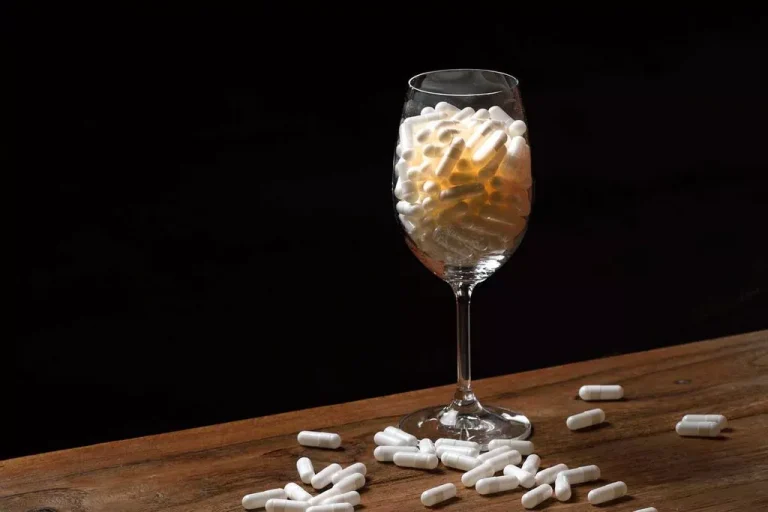Adjusting Journal Entry: Definition, Purpose, Types, and Example
September 23, 2021What is an IDO? Initial DEX Offering Explained by zenGate Global
November 8, 2021
Going through detox is a crucial step in recovery, and it’s these first few weeks that are arguably most critical because they are when the risk of relapse is highest. Over 20 million people aged 12 or older had a substance use disorder in 2018. This group of people with lived experience advises the NIH HEAL Initiative on research directions and ensures that research takes into consideration input from people and communities the initiative aims to benefit. The important thing to remember is that relapse doesn’t mean drug treatment failure. Call your sponsor, talk to your therapist, go to a meeting, or schedule an appointment with your doctor. When you’re sober again and out of danger, look at what triggered the relapse, what went wrong, and what you could have done differently.

Additional treatment options
Drug and alcohol detoxification programs prepare a person for treatment in a safe, controlled environment where withdrawal symptoms (and any physical or mental health complications) can be managed. Detox may occur in a hospital setting or as a first step to the inpatient or outpatient rehabilitation process. Various HEAL-funded research projects, such as the HEALing Communities Study, partner with recovery organizations to help communities choose the most effective strategies to meet local needs and conditions.
Caregiver Stress and Burnout
The self-help support group message is that addiction is an ongoing disorder with a danger of relapse. Self-help support groups can decrease the sense of shame and isolation that can lead to relapse. Medications for opioid use disorder are safe, effective, and save lives. Despite being aware of these harmful outcomes, many people who use drugs continue to take them, which is the nature of addiction. Recognizing the transformative power of creative arts in advancing recovery, in May 2024, the Office of Recovery launched the Art of Recovery, inviting visual art submissions from individuals with lived experience and their families.
- Cravings vary in duration and intensity, and they are typically triggered by people, places, paraphernalia, and passing thoughts in some way related to previous drug use.
- While working with a sponsor is expected during the steps, the best chance of recovery comes from a combination of efforts.
- Saying a mantra, substituting thoughts of recovery goals, praying, reading something recovery-related, reaching out to someone supportive—all are useful tactics.
- Having goals to work toward and something to look forward to can be powerful antidotes to drug addiction.
- It may include clinical treatment, medications, faith-based approaches, peer support, family support, self-care, and other approaches.
- Bear in mind the person recovering from an addiction will need real-time to go through these big steps (not just a few days or a month).
SAMHSA kicks off National Recovery Month
Risk factors for gambling addictions include antisocial behavior, impulsive personality,[31] male sex, sensation seeking,[50] substance use, and young age. Achieving recovery requires commitment, support, and the right environment to foster change. First Steps Recovery offers a comprehensive program tailored to individual needs, empowering those affected by addiction to embark on their recovery journey.

A Personal Perspective: National Recovery Month is an important time to recover “out loud.”

Areas of executive function regain capacity for impulse control, self-regulation, and decision-making. Gaining the skills to avoid relapse is a necessary part of the recovery process. At least equally necessary is developing in a positive direction out of the addiction. The key is cultivating new goals and taking measures to move towards them. The motivational force of new goals eventually helps rewire the brain so that it has alternatives to the drive for drugs.
Stage 6: Termination
This may include attending regular in-person support groups or online meetings to help keep your recovery on track. Spending time in nature can help us improve our mental health and resilience. Try these three simple approaches for using nature to combat the stress and anxiety of everyday life.
For example, your drug dependency may have developed from a desire to manage pain or to cope with stress, in which case you’ll need to find a healthier way to relieve pain or to handle stressful situations. For example, not everybody requires medically successful drug addicts supervised detox or an extended stint in rehab. Whether you have a problem with illegal or prescription drugs, addiction treatment should be customized to your unique situation. It’s also important to find a program that feels right for you.
- A person will want to consider actions they can take such as committing to change, seeking support, and eliminating triggers.
- The journey of recovery often involves developing new coping strategies, building healthier relationships, and finding purpose beyond substance use.
- Bear in mind that stopping taking drugs is only one part of recovery from addiction.
